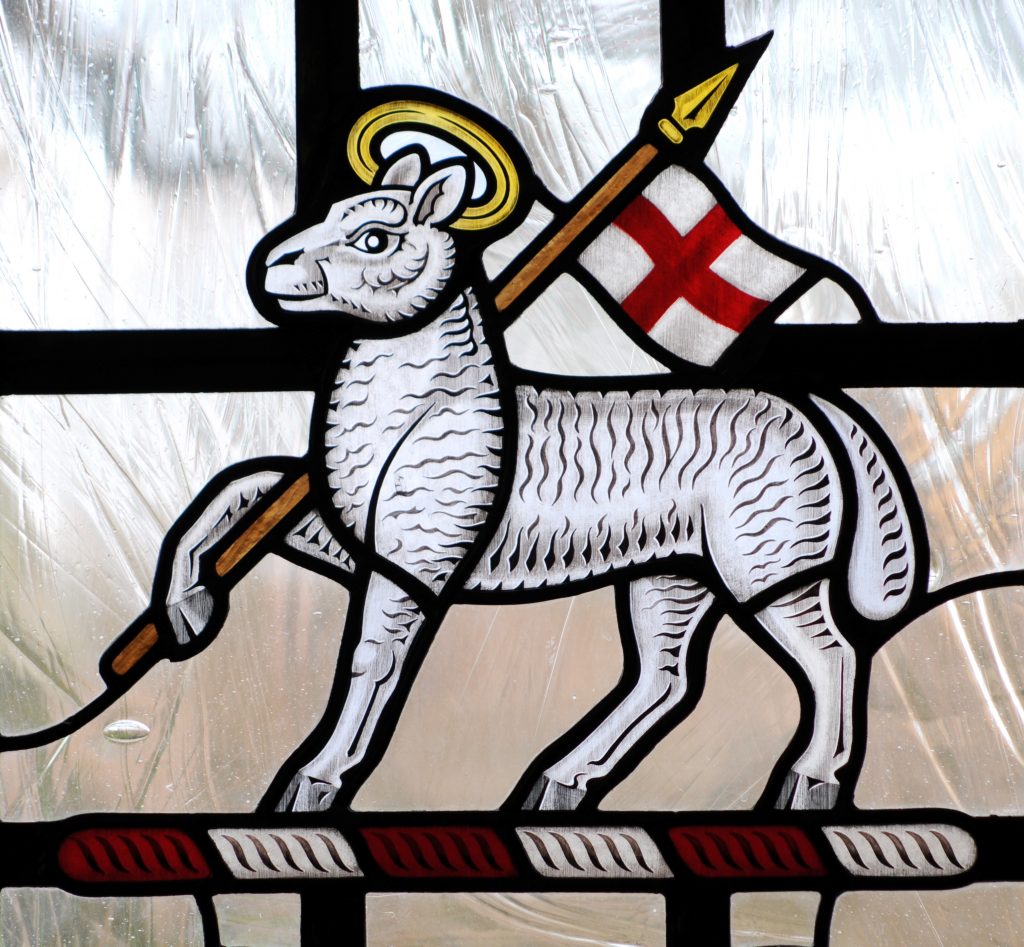A working group in the Church of England has been appointed to draft a Covenant for Clergy Well-Being, after this summer’s General Synod heard that stress, isolation, and loneliness were all having an impact on ordained ministers’ lives and ministry.
The report to Synod noted,
The ordained ministers of the Church of England are a vital part of the mission of God to the nation. As part of its commitment to be ‘A Christian Presence in Every Community’, the work of its clergy – in parishes, dioceses, chaplaincies, communities and places of secular employment – is a key element in the offering of worship to Almighty God, the visibility of the Church in the public space, and the equipping of the whole People of God to fulfil their vocation as baptised disciples. In financial terms alone, the Church of England spends much of its income generated through sacrificial and generous giving on the training, remuneration and housing of its ordained ministers. As both good stewardship of this vital resource and in exercise of its duty of care, the Church needs to ensure that its clergy find their ministry life-giving, sustainable in the long-term and properly supported in crisis as well as in less risky moments. The wellbeing of the clergy is crucial to the health of the Church at worship, in mission and in pastoral care.
Today’s announcement named members of a working group which will look at the model of a Military Covenant to promote the well-being of Church of England clergy. An extract from the government’s report on the Military Covenant defines the presenting issue:
The armed forces covenant sets out the relationship between the nation, the government and the armed forces. It recognises that the whole nation has a moral obligation to members of the armed forces and their families, and it establishes how they should expect to be treated.
The clergy wellness report to Synod noted that the model of the Military Covenant may be useful in considering how to support clergy in their service to the community. From today’s announcement:
The debate heard how the Military Covenant recognises that the nation relies on the sacrificial service of those in the armed forces and in return has a duty to support and value them in practical ways.
Although the parallels with the Church are not exact, Synod heard how a similar pattern of mutual commitment could be recognised in the Church.
The working group will begin work later this month and aims to bring proposals for such a Covenant back to this Synod by July 2019.
Canon Simon Butler, who led the debate on well-being in the July Synod on behalf of the House of Clergy said: “Such was the interest in serving on this Working Group and the strength-in-depth of the insights and skills offered to the Appointments Committee that we could have easily populated the Working Group twice over.
“This can only bode well for our work in developing a Covenant for Clergy Well-being that draws on all that the church is learning about how attending to the well-being of the clergy is vital to the mission and ministry of the whole church.”
The working group appointees are named here; the background report which informed the debate at July’s Synod is here.
Featured image: Guildford Cathedral Stained Glass – Paschal Lamb and Flag. The Queen’s (Royal West Surrey) Regiment. By Akoliasnikoff – Own work, GFDL, via wikimedia commons

